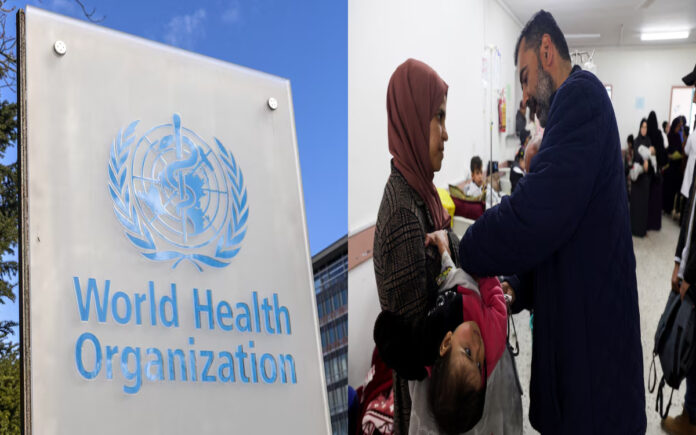London: An independent report has highlighted severe funding shortages plaguing the World Health Organization’s emergencies department, describing the situation as an “existential threat”. The department faced dire financial constraints, requiring emergency funds to cover staff salaries at the close of last year. According to the report released ahead of the WHO’s annual meeting in Geneva, additional funding may be necessary to sustain operations through June.
In 2023, the emergencies department grappled with 72 crises, ranging from earthquakes in Turkey and Syria to conflicts in Sudan, Ukraine, and Gaza, alongside a widespread cholera outbreak. The report underscores the need for nations to bolster their preparedness efforts while urging the WHO to refine its approach to transferring responsibilities to national authorities to manage escalating demands.
Also Read | US DOJ Announces Arrest of Chinese National in International Malware Operation
Moreover, the report advocates for new guidelines delineating the WHO’s role in handling protracted humanitarian crises, distinct from acute disease outbreaks. It warns that the proliferation of natural disasters and conflicts in fragile states imperils the department’s effectiveness, potentially necessitating cutbacks in critical activities unless countries bolster their capacity.
Also Read | Deploy Military Trainers to Ukraine Soon, Diplomats Report
Despite the end of the “public health emergency of international concern” (PHEIC) status for COVID-19 and smallpox in 2023, the WHO continues to confront a surge in various emergencies, spanning from conflicts to floods and infectious disease outbreaks. The emergencies program faced a significant funding gap of $411 million last year, representing roughly a third of its total budget, amid an otherwise well-funded WHO budget.
As WHO member states deliberate on reforms to address funding challenges, the report underscores the urgency of augmenting resources to sustain vital emergency response efforts in the face of mounting global health crises.



